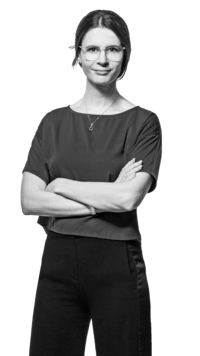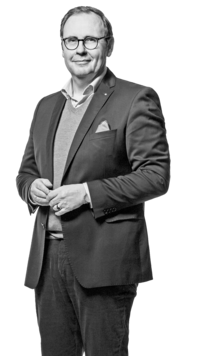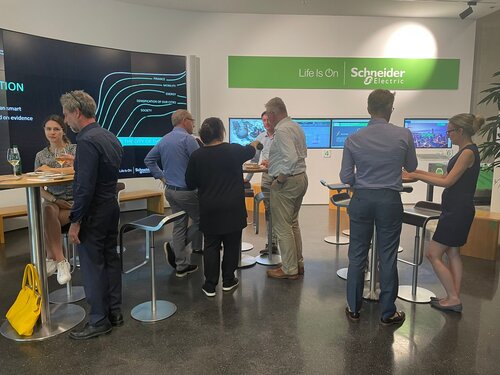Workshop in Berlin together with EUREF AG and Schneider Electric
Energy Security and Identity of a district – best practice.
The fourth stop of our Re-Building Europe journey took place in Berlin on August 17 and 18 on the topic of Energy Security and Identity of a district – best practice. Together with our host EUREF- Campus and Schneider Electric,an exclusive group of 25 guests participated in the lively discussions and workshops on the various topics.

EUREF stands for the "European Energy Forum" and pursues the idea of a model quarter for the climate-neutral, resource-saving and intelligent city of tomorrow. Since acquiring the site in 2008, EUREF AG has been developing the city quarter around the gasometer into a real laboratory for the energy transition. The site combines modern architecture with listed clinker and brick buildings of the former Schöneberg gas works, thus shaping the special character of the city quarter.
On the 17 of August
On the 18 of August (Main day)
On the next day, Schneider Electric opened its doors and welcomed our group again in the office on the EUREF campus in Berlin. After a short introduction of the Re-Building Europe initiative to the participants, the day was opened with a keynote speech by Kevin Hauert, who has been a board member at EUREF campus since the beginning of the year and has been working for the EUREF campus since 2016.
Keynote: Kevin Hauert
Numerous renowned companies and research institutions from the fields of energy, sustainability and mobility, as well as small and medium-sized enterprises and start-ups, have settled on the EUREF Campus in recent years. The potential for cooperation is enormous. Due to the thematic focus, short distances, restaurants and joint events, all tenants benefit from synergy effects. Topics such as the energy city, the ZeeMobase (place where energy and mobility converge), monument protection & sustainability, as well as a smart traffic concept. The diversity of the different actors operating on the EUREF-Campus became particularly clear. Furthermore the energy supply on the EUREF-Campus is CO2-neutral.
- To extend the EUREF campus to other locations in Germany and Europe, Kevin Hauert presented the 11 values that make up its identity.
- Smart Energy
- Climate targets
- Work-Life balance
- Smart & local integration
- Location
- Green buildings
- Sustainable events
- EUREF community
- Future Mobility
- Green facility management
- Talent pool
He paid particular attention to the energy concepts that are considered local, smart and CO2 neutral. The campus in Berlin as well as in Düsseldorf proves this. A second EUREF campus is also currently being built in Düsseldorf, and the EUREF AG plans to further scale the successful concept throughout Germany and beyond.
Panel Discussion
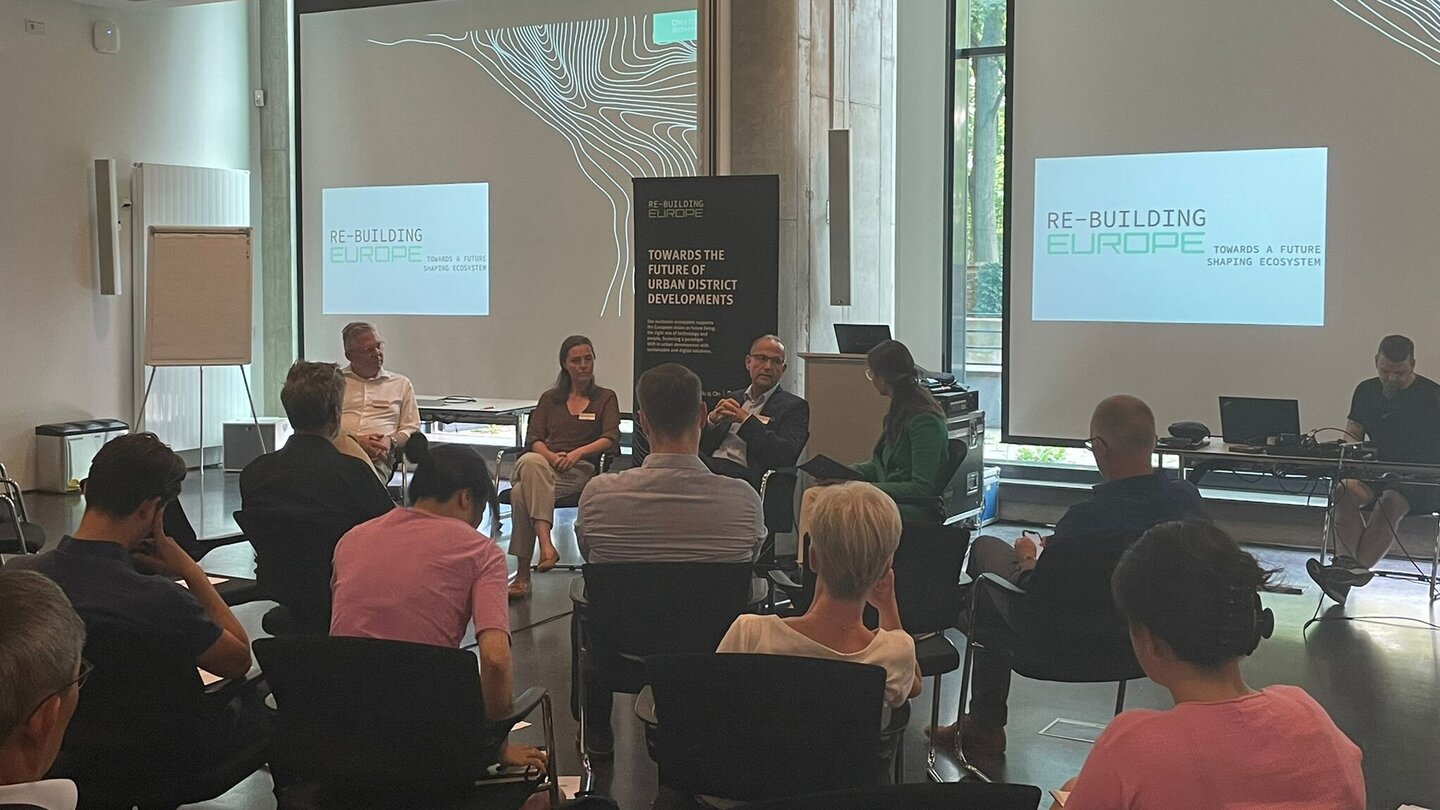
Roger Miksch, Business Development Manager – Building Technology at Georg Fischer Piping Systems, Clarissa Alfrink, Managing Director Germany at UNStudio, Hendrik Staiger, Member of the Executive Board at SwissLife Asset Manager/BEOS participated in the panel discussion.
We started our discussion with the topic of resources, asking ourselves what role waters plays in carbon neutrality and our lives. The technologies that deliver the solutions are constantly evolving, and only with a change in mindset from all stakeholders can designers stay on top of the mand integrate them into projects. We agreed that live in a sustainable world, technology providers, users/developers, and design must work together at an early stage. In this way, circular building technologies can be created to extend the lifecycle and become a positive business case. Regulations and ESG support this change. We all need to start and be aware of the challenges ahead: Reduce consumption, be open to all types of collaborations and let’s rebuild Europe together.
Site tour
The panel discussion was followed by a guided tour of the neighborhood, allowing the group to experience the special atmosphere of the EUREF campus. We started with the Schneider Electric building to learn more about smart technologies and data points with live data. Then we went to a pioneer energy grid on campus and learned about a decentralized energy system. We ended the tour at EUREF's lighthouse landmark “Gasometer”, which is currently redesigned into an office for the Deutsche Bahn digital team. By the way: The EUREF Campus has already been meeting the German government's CO2 climate targets for the year 2045 since 2014.
Workshop I: ENERGY SECURITY: How can a district become self-sufficient?
Stefan Klepzig (Strategic Sales Director EcoStruxure Real Estate Europe Operations at Schneider Electric) continued the first workshop focusing on the following thesis:
- Supplying Energy needs to be a Service rather than an integrated Part of the Business or Operating Process/ BuildingAsset managers
- Is Energy Transformation a Blocker for Assets within the Real Estate markets as we see it today
- With Investments in Renewable Energy there will be no business case within 5/10/20/xx years
Summary
The Workshop discussed various perspectives of energy security. A common ground was the transformation to decentralized systems that provide self-sufficient a defined area. This will open up new business models and encourage innovative approaches to lower technology costs and scale. In addition, we agreed, that longterm investments are the only way forward for real estate, as transition costs for asset managers will increase due to the current energy crises. Most concerning was the socially explosive potential of the issue and the development of radical groups that threaten the democracy in Germany and Europe.
Workshop II: DISTRICT IDENTITY: What makes a district successful?
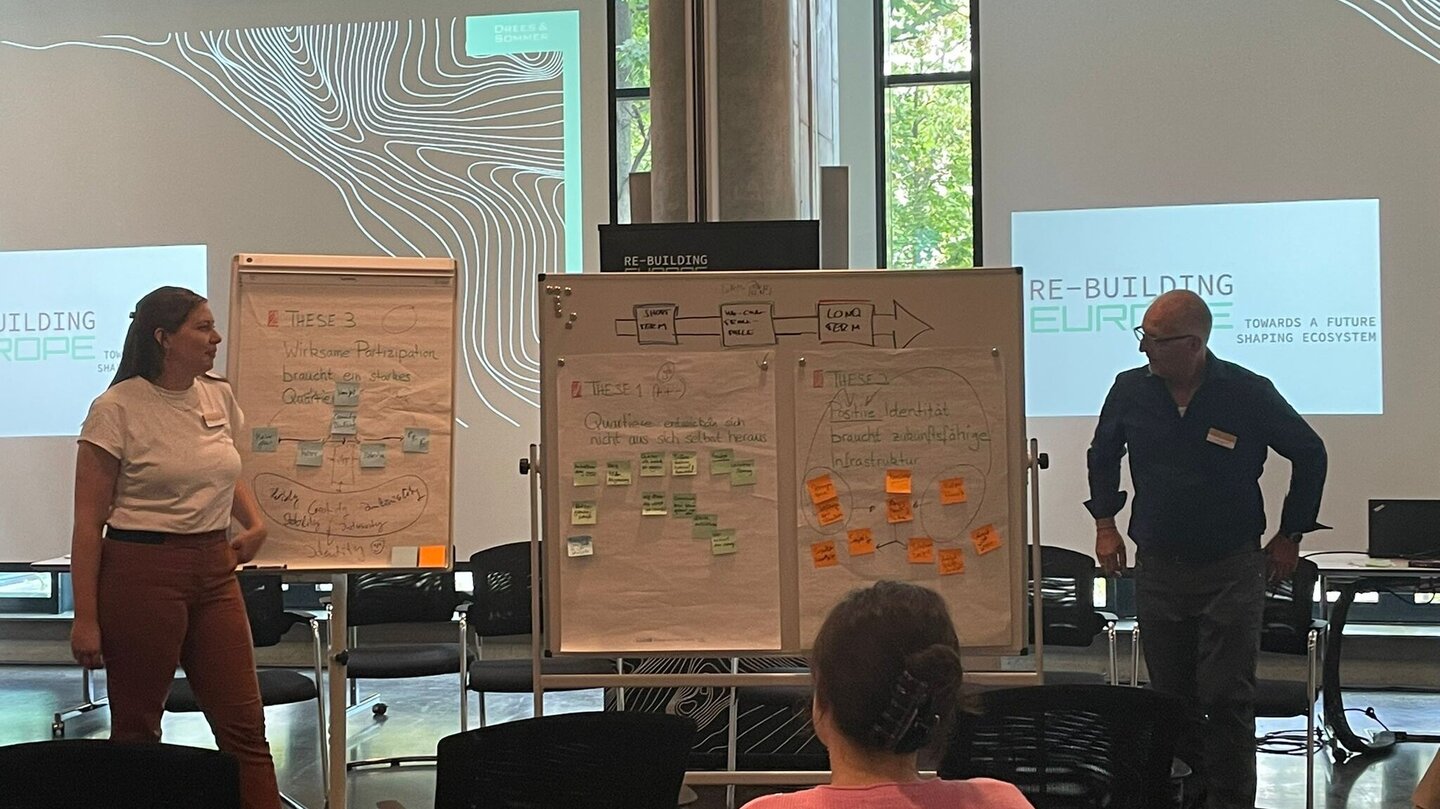
Frank Christian Hinrichs (CEO at inno2Grid), Thomas Kreher (Team Lead Mobility Solutions at inno2Grid) and Sophie von Peter (Specialist for districts and Consultant at Drees & Sommer) continued the second workshop focusing on the following theses:
- Districts do not develop on their own.
- Positive identity needs sustainable infrastructure.
- Effective participation needs a strong district.
Summary
It was pointed out that identity does not just happen, but requires constant proactive support. it was also made clear that positive identity means something different for everyone and that different user wishes are expressed accordingly. However, a reliable and sustainable supply of the district is seen as elementary. In addition, shared values in a district can simplify many things. Furthermore, operators on the user side need supporters who are willing to take action.
In line with our one-company approach, the Business Transformation & Network Management team (Ramona Schmid and Rebecca Moser) and our Integrated Urban Solutions team (Simon Dietzfelbinger and Sophie von Peter) and Drees & Sommer Berlin office (Markus Weigold and Colleen Brown) as well as our partner Schneider Electric (Stefan Klepzig) jointly contributed to the successful implementation.
We are now looking forward to our next workshop in Basel on August 29, supported by the Canton Basel-City and swisspeace.
In collaboration with the global offices of Drees & Sommer SE, we are organizing the final forum in London on November 30 to present the results of our workshops and discuss the future development of neighborhoods.
GET In TOUCH
